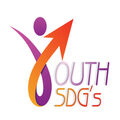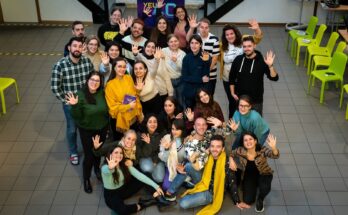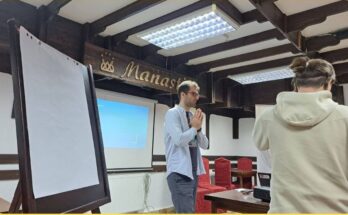In celebration of the role of education for peace and development, the United Nations General Assembly proclaimed, in 2018, to 24th of January as the International Day of education. In 2022, as we celebrate the 4th edition of this day, under the theme “Changing Course, Transforming Education”, the discussion will be centred on how to strengthen education as a public endeavour and common good, how to steer the digital transformation, support teachers, as well as safeguarding the planet.
The topic of digital transformation in this sense is particularly relevant here considering the main aim and objectives of the KID_ACTIONS project. It is important to understand the role of digital tools in today’s society, while ensuring that these tools benefit and are at the service of all, even the most marginalized, as digital transformation must be guided by inclusion and equality.
The discussion surrounding digital transformation must consider cyberbullying and the lasting consequences of this violent behaviour. Indeed, cyberbullying behaviour bears serious consequences not only for victims, but also for perpetrators. These include, among others, low self-esteem, social withdrawal, social isolation, lower grades, school absence, anxiety and depression. The severity of this problem must not be taken lightly and it is necessary that, across all sectors of society, measures are employed to prevent and respond to cyberbullying. This entails the important role of schools and school staff, and education, more generally speaking.
Firstly, schools must be safe places, free from violence and bullying, and welcoming environments that do not compromise the individuality of their learners but rather, welcome their differences and diversity.
On different occasions, the experts consulted by the KID_ACTIONS project have highlighted the importance of education in preventing and responding to cyberbullying. Accordingly, it is essential to, firstly, educate children and young people to cope with their emotions, develop resilience and empathy. In this sense, the experts agreed that it is essential to guarantee that adults and young people alike are not only knowledgeable on the topics of technology, digital tools, and the online world, but also emotional, psychological, and social skills.
When it comes to good practices to combat cyberbullying it is necessary to address this as a global problem rather than a country approach. Despite the cultural nuances cyberbullying may have, cross sectoral solutions are ultimately more effective. If education is a human right, a public good and public responsibility, guaranteeing that schools and other educational settings are safe and inclusive spaces, free from violence and discrimination is everyone’s interest and responsibility.





